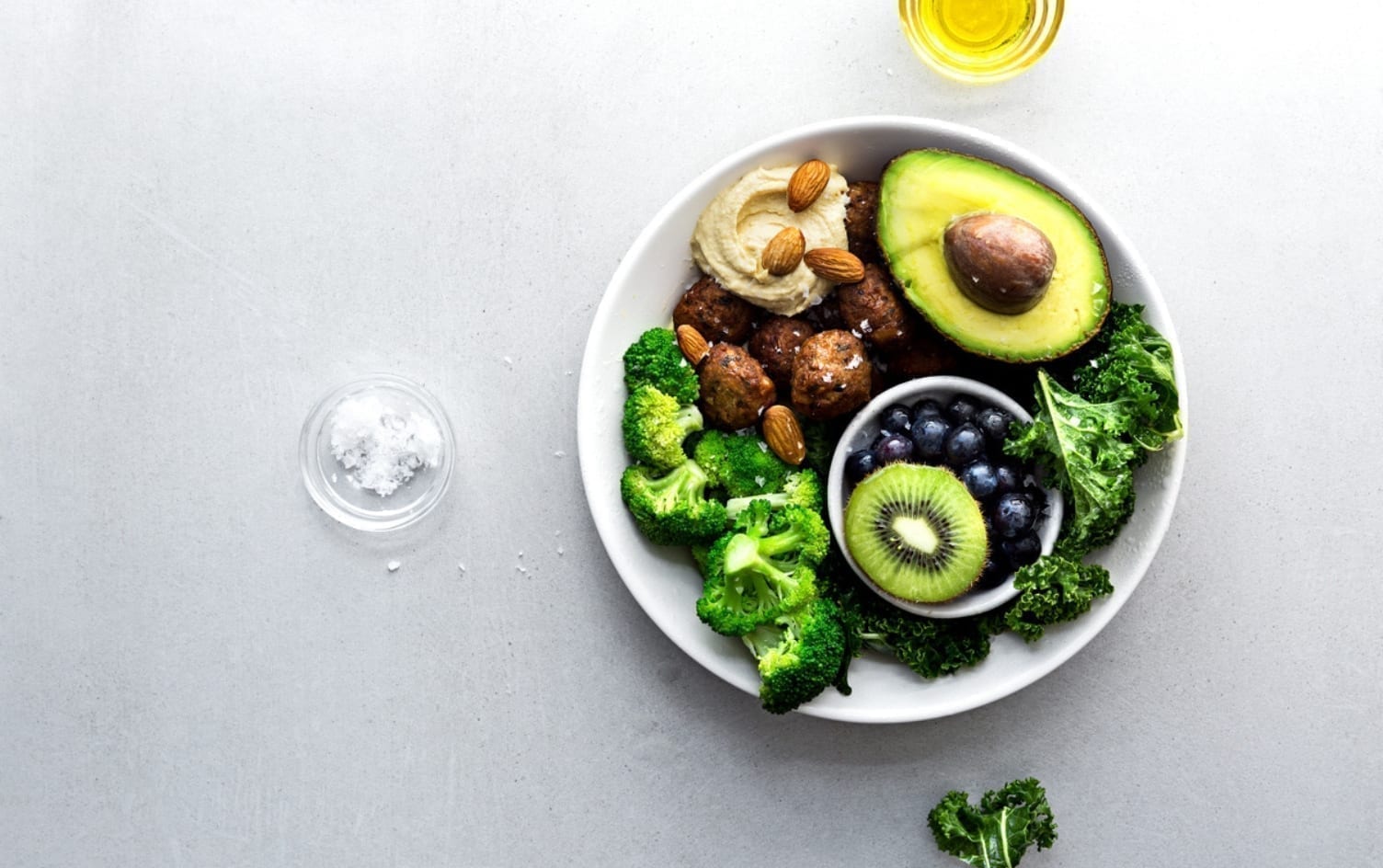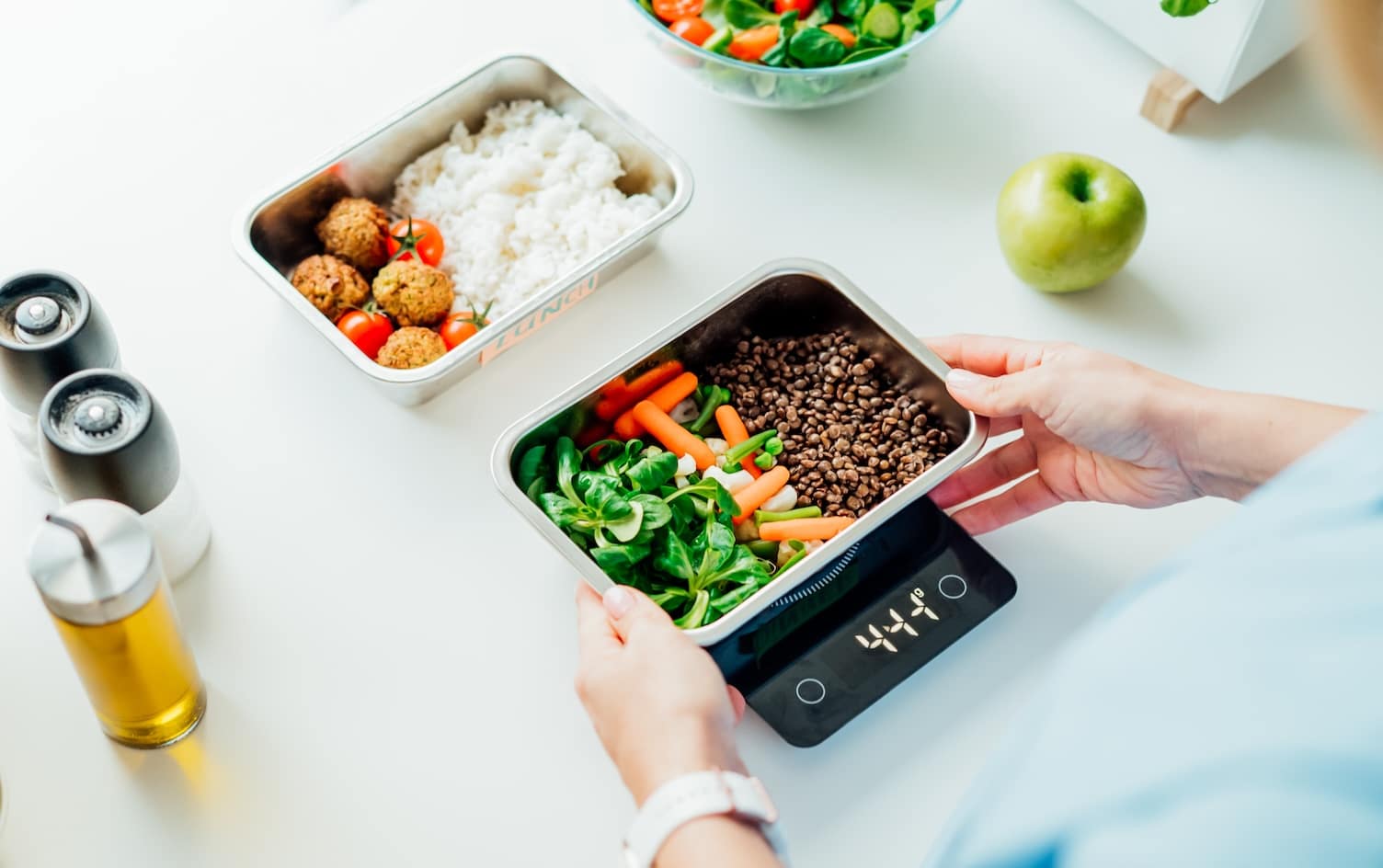Triglycerides and cholesterol levels are often measured and reported together in a lipid profile when you visit your doctor. But they’re actually quite different. Triglycerides are a form of fat — the most common one found in the body. Excess calories from the diet are packaged as triglycerides, which the body stores.
Cholesterol, on the other hand, isn’t a type of fat. It’s a waxy substance made in the liver (Note: You won’t find cholesterol in any vegetables or plants). We won’t get into the effects of dietary cholesterol on health, but know this: Cholesterol is essential in the body and used to build cell walls and nerves while playing an important role in hormone production and digestion. Translation: This number is important.
Here, a look at why triglyceride levels are important and how diet can play an important role in lowering them.
WHY TRIGLYCERIDES MATTER
While they were often lumped in with cholesterol levels, more and more research is showing triglyceride levels appear to be an independent risk factor for cardiovascular disease and possibly more significant than cholesterol for both heart disease and stroke. That’s why it’s extremely important to monitor these levels, aiming to keep them below 150 mg/dL.
WHAT TO CUT BACK ON
Consider scaling back on the following since they can raise triglyceride levels:
- Saturated fats. Diets higher in most saturated fats seem to have more detrimental effects on blood lipid profiles. Limit these foods (i.e., butter, red meat, cheese) and choose more heart-healthy fats like olive oil and avocado.
- Refined carbs. If your overall diet is more than 55% carbohydrate intake, you may be at greater risk for higher triglyceride levels. For optimal carbohydrate intake, avoid processed foods and stick to whole grains and vegetables that come packaged with vitamins, minerals and fiber.
- Sugar. Limit foods high in added sugars like sodas, sports drinks and processed sweet treats.
- Alcohol. Moderate drinkers may be at greater risk for higher triglycerides since excess calories in the bloodstream are converted into triglycerides. For many of us, those excess calories exist in the form of alcohol and can add up quickly.
WHAT TO LOAD UP ON
Include more of the following in your diet for maximum triglyceride-lowering potential:
- Fatty fish. Omega-3 fatty acids found in many fatty fish are effective at significantly lowering blood triglyceride levels. Options like salmon, tuna, mackerel and sardines all contain the daily recommended amount (2–4 grams/day) to help lower triglycerides.
- Beans and legumes. These plant-based finds are high in fiber, protein, magnesium and potassium, all nutrients that have a positive impact (especially when replacing red meat) on blood lipid levels.
- Blueberries. In addition to being a great source of antioxidants, blueberries are also high in pterostilbene, a compound that may reduce triglyceride and cholesterol blood levels as much as prescription drugs.
- Olive oil. Substituting fats high in saturated fat like butter, palm oil, shortening (both found in lots of highly processed foods) and animal fats with oils high in monounsaturated fats (like olive and walnut oils) can help improve blood lipid profiles by lowering triglyceride levels and increasing good-for-you HDL cholesterol.
- Spinach. This dark leafy green is one of the few food sources of alpha-lipoic acid, an antioxidant that may help lower triglycerides.
THE BOTTOM LINE
In addition to diet, exercise can also help lower triglyceride levels by burning excess calories. Try to get more physical activity, whether it’s a walk, group fitness class or other activity you enjoy.
To be on the safe side, get your triglyceride and cholesterol levels checked regularly. While maintaining a healthy diet and exercise routine is crucial to maintaining healthy blood lipid levels, it’s also important to consult your doctor when levels are high. People with extreme levels of triglycerides (in the 500mg/dL range) may require medical assistance.




